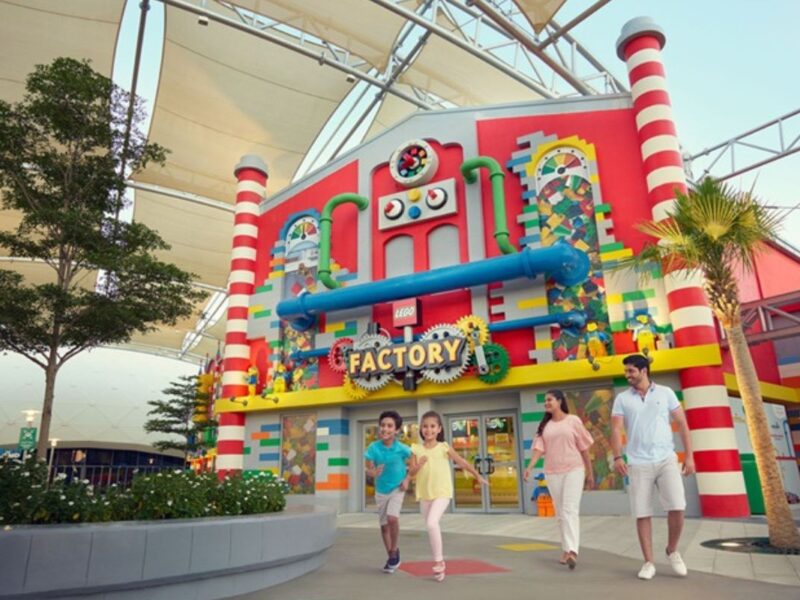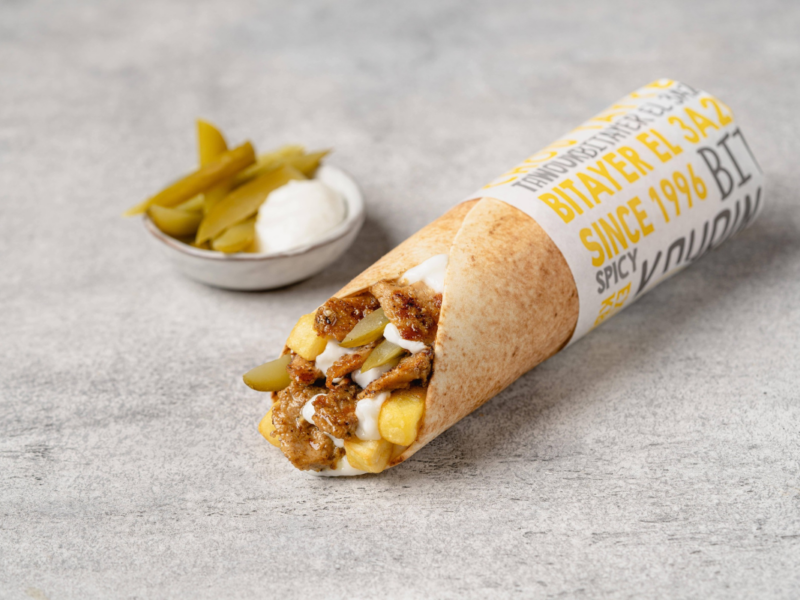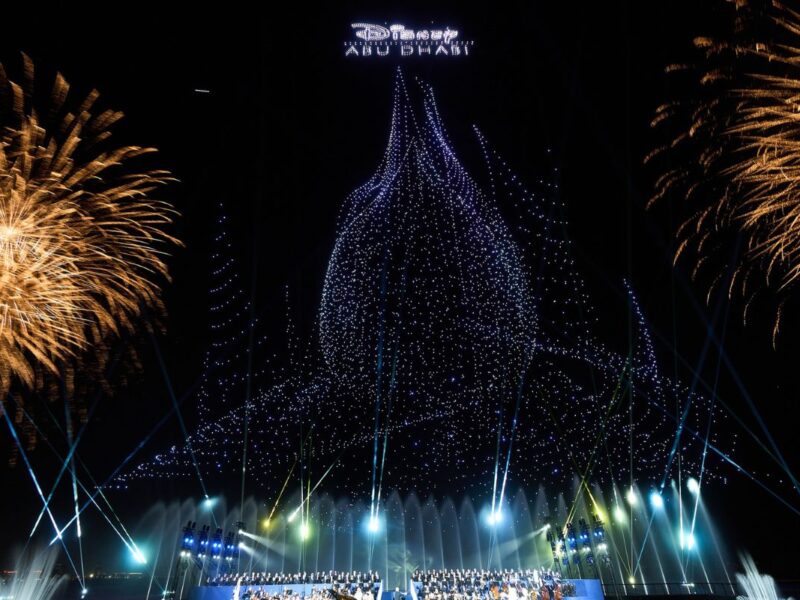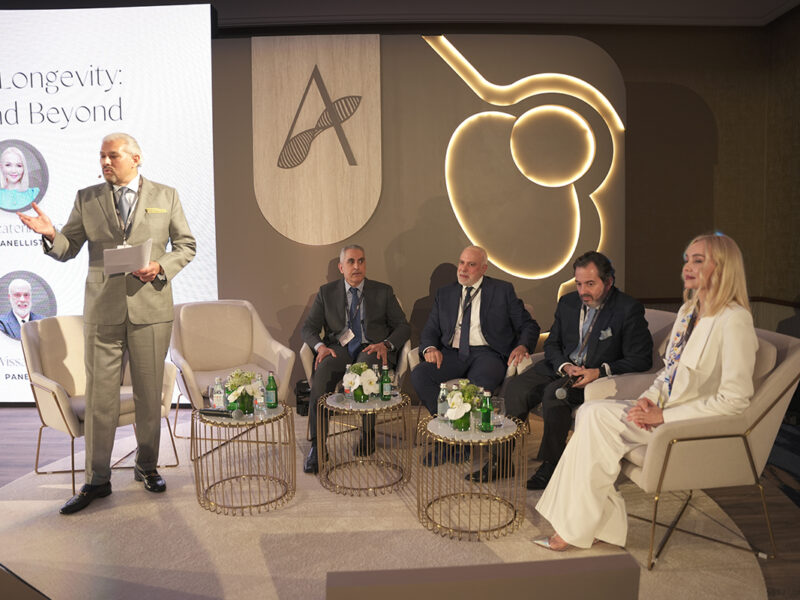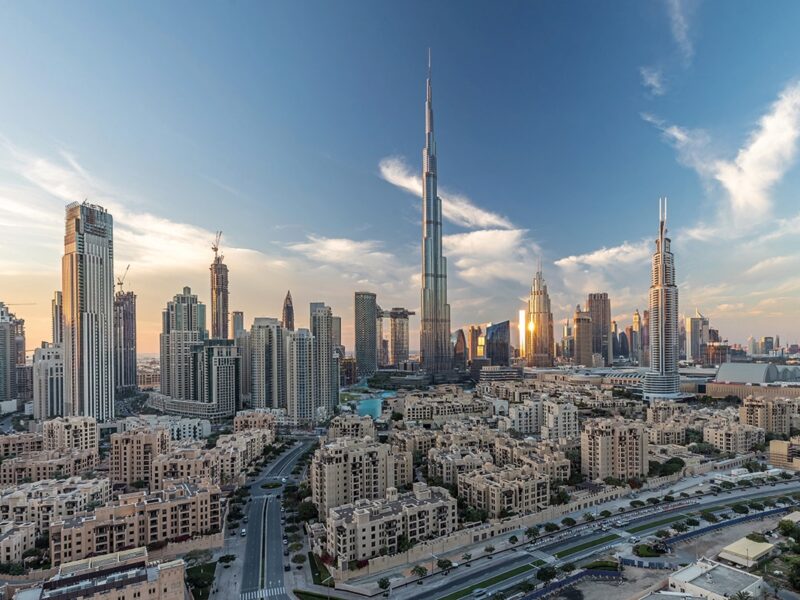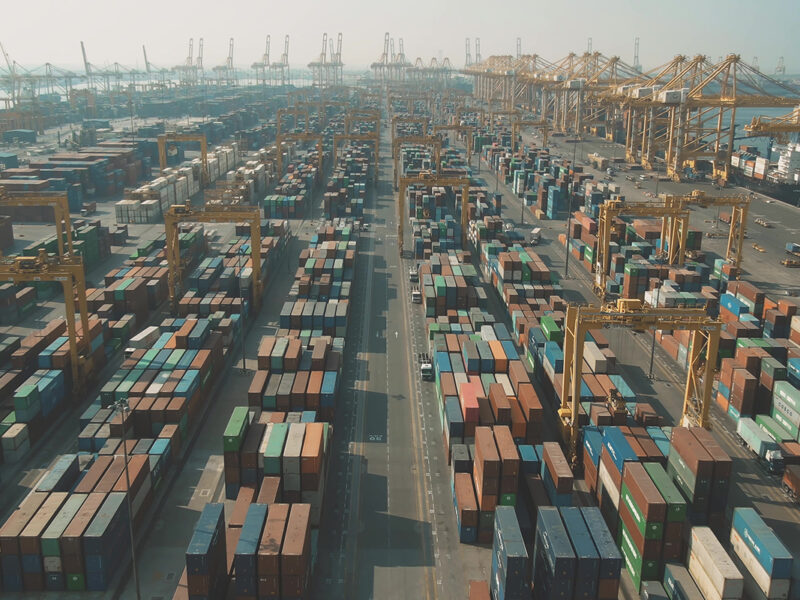Swiss coffee firm Nespresso has been testing ways to introduce Arabic coffee capsules to its range and is also considering a 24-carat gold version of its coffee-making machines, its CEO has confirmed.
“We have talked quite often about having special editions for the Middle East, we have been looking at it… We had one unique request to have the frame of the panel to be reproduced with gold. They are exploring many possibilities with the machine,” Nespresso CEO Jean-Marc Duvoisin (pictured below) told Arabian Business.
While gold-plated Nespresso machines might be a rarity, the Nestle brand is all about personalisation and this week saw the launch of the new Pixie Clips machine, which features exchangeable side panels. The concept allows users to pick from 12 different colours and textures and customise the colour pallet on the machine’s panel to their individual mood or personality.

Priced at AED825 ($224), the newest Pixie machines come with two pairs of clips (Black & Lemon Neon or White & Coral Neon) and are available from Nespresso boutiques at The Mall of the Emirates, The Dubai Mall, Mirdif City Centre and Abu Dhabi Mall.
The brand also this week launched its latest limited edition coffee capsules, Tribute to Milano and Tribute to Palermo. Priced at AED30 for 10 capsules, they were developed to reflect the coffee cultures of the two fashionable Italian cities.
Appointed CEO in March 2013, Duvoisin said the firm was also testing ways to introduce an Arabic coffee version to its legendary range of capsules but this was proving to be quite a challenge.
“It is a question that comes up quite often,” he said. “The way of brewing the coffee is very different. We couldn’t replicate it in a very ideal way in an end product. We did test it. The idea of [Nespresso] was to replicate what is not easy to do, it was designed for the expresso. Arabic coffee is a light coffee so not very ideal for that but we have tested it.”
The Nespresso capsule coffee concept was developed nearly four decades ago in 1976, when it was invented by Eric Favre, an employee of global conglomerate Nestlé. It was brought to the mass market in the late 80s and is now one of the most popular and coolest brands in the world, promoted by the likes of Hollywood stars George Clooney and Penelope Cruz and generating revenue of more than 4.25 billion Swiss francs ($4.59 billion) a year.
Market research firm Euromonitor International estimates the retail market for single-serve pods at $13 billion and expects sales to rise 15 percent in 2015, outpacing a 7 percent increase for coffee overall. While global growth has slowed somewhat, Duvoisin is predicting strong growth in the Middle East going forward.
“The growth potential is very high. We look at the penetration in how many households have a machine. There you can see we have an enormous way to go and it [the Middle East] has very high potential. In this region we should be between 20 and 40 percent.”
In 2012 it was reported that Nespresso was aiming to double the number of capsules it made to 8.8 billion a year. While Duvoisin is reluctant to talk exact numbers, he concedes that this goal is well on target.
“Since that date [2012] we don’t give out figures any more. Basically we don’t do that anymore because of the competition as it is crucial information that we don’t want to share it as if they see where you are growing then you help them to compete. Let’s just say since 2012 we are aligned with what were the projections for that year,” he said.
Headquartered in Lausanne, Switzerland, Nespresso’s three factories produce capsules for sale in 62 countries worldwide. The brand is very important to parent company Nestle, reportedly accounting for over 4 percent of its group sales. Nespresso began opening boutiques in 2000 and it now has a global network of over 400 outlets in 55 countries, with some of the most glamourous located in the Middle East.
“In the Middle East region we have 24 stores. We are continuously looking at improving our network, not only expanding but bringing new improvements to our existing networks. For example, the Dubai Mall boutique has recently been renovated and there are only two or three in the world like it, in the United States and Dubai Mall.
“Of course, we are looking at relevant locations to expand our network. Our model is only a part of the boutiques. In fact, we launched Nespresso in 1986 and the first boutique was in 2000, so the whole business model is not only based on boutiques, but in this region they like boutiques. In all the good malls here we are there.”


